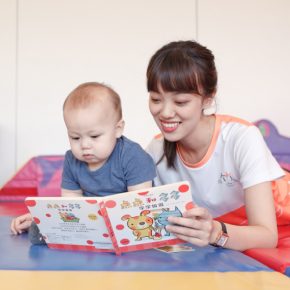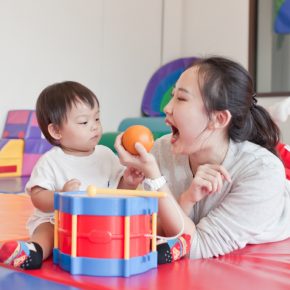When children learn a second language there are five recognised stages of language acquisition: Preproduction – 0 to 6 months, Early Production – 6 months to 1 year, Speech Emergence – 1 to 3 years, Intermediate Fluency – 3 to 5 years and Advanced Fluency – 5 to 7 years. As with all developmental milestones, the exact time frame for progressing from one stage to another is general and depends on the individual learner, their environment, the quality of their language role models and the extent to which they are immersed within the language.
The brain is a highly malleable organ that remains active across a person’s lifespan, though it is at its most neuroplastic from birth to the age of three. The development of communicating through oral language is an instinctive process that comes naturally to children because it tends to be the most common way they interact with one another. But how the brain is structured is also vital for language development, as well as for motor skills, emotional, social and cognitive development. “Just as we evolve neural circuits for eating and seeing, so has our brain, together with a sophisticated vocal apparatus, evolved a complex neural circuit for rapidly perceiving, analyzing, composing, and producing language” (Eliot, 1999).


